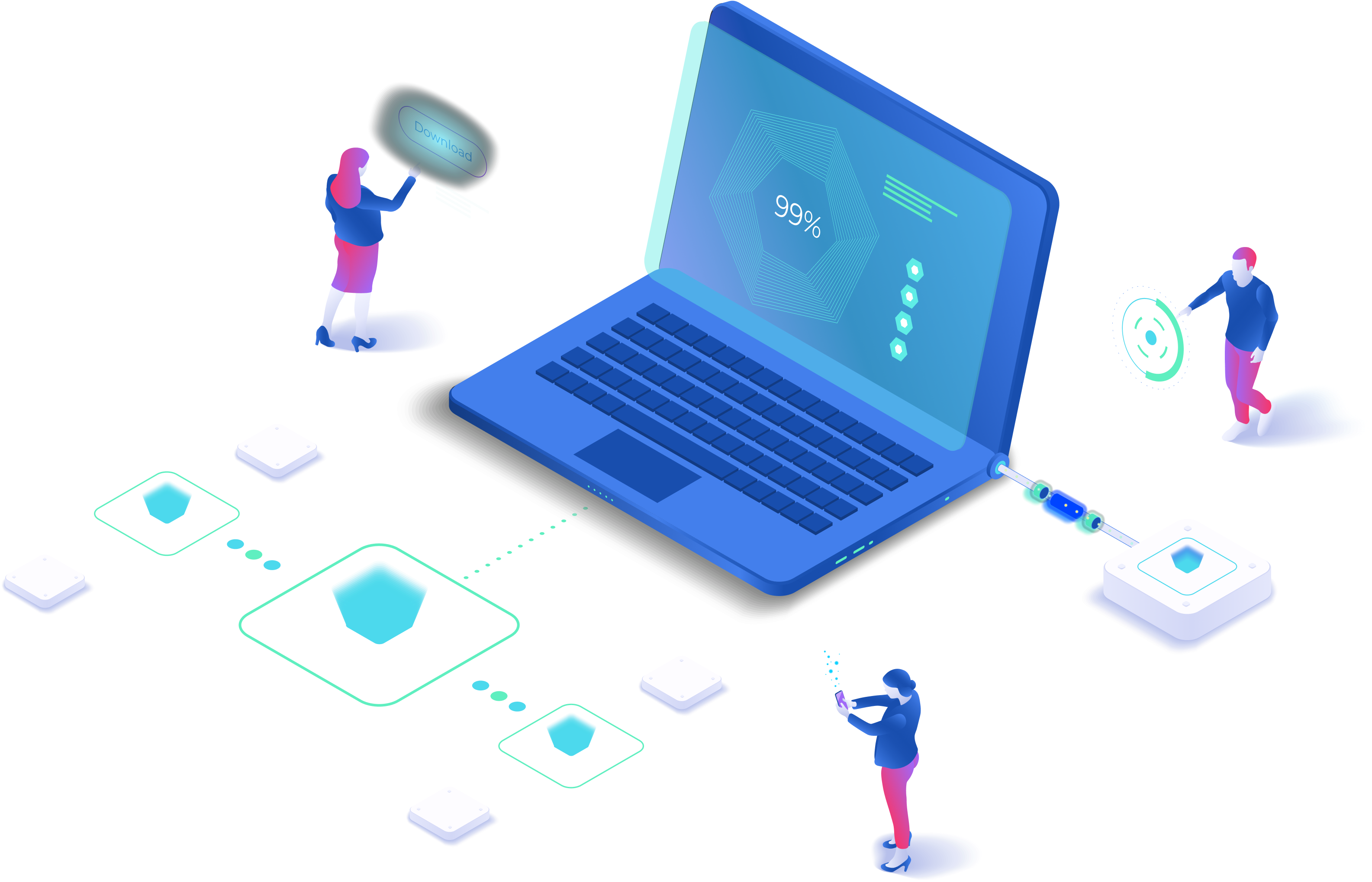Philosophy of Objective-C
One of the main roles in Objective-C is played by the main OOP paradigms: inheritance,
polymorphism, encapsulation and abstraction. Being a superset of C language, Objective-C
inherited its syntax and principles of data types. It added description of methods and
classes to the OPP functions.
Another exclusive feature of the language is that it is weakly typed and has a dynamic data
type system, which enables checking the object type before the compilation process is
completed.
Sending messages in Objective-C is a philosophy. When requesting an object via a message, the
object itself may not respond. If we send a request for an empty index, nothing bad will
happen. We just won’t get a response message and that’s all.
Where Objective-C is used
Objective-C is used to program and create apps for any Apple device, whether it’s an
iPhone, Mac, Apple Watch or even CarPlay. In 1988, the founder of the Apple company, Steve
Jobs, licensed Objective-C and took it as a basis for his company NeXT. NeXT later was
absorbed by Apple and used all the Objective-C developments in the creation of their first
personal computers.
According to the TIOBE Index, Objective-C is now among the top three most popular
programming languages and maintains its position steadily. In fact, until 2014, when Apple
presented its new Swift programming language to the public, all apps ever created for
iOS/macOS were written in Objective-C. And this trend of stability will continue for the
next couple of years.
Advantages of Objective-C
Objective-C has been proven over the years and there are over 1.2 million apps in the App
Store written in this programming language. Today, more and more major companies decide to
hire Objective-C developers and use this language in their projects. So proficiency in this
language will be an advantage when applying for a job in a certain company. Unfortunately,
the transition to Swift is not moving by leaps and bounds and knowledge of Objective-C is a
mandatory criterion for a good CV.
Dynamic typing of the language facilitates software development for novice developers, which
is a big advantage. A large amount of documentation, technical literature and a huge
community will help you master Objective-C and save you a lot of time and effort.
Related technologies
All frameworks provided by Apple are based on Objective-C. A huge number of libraries are
constantly created and shared by the community of developers, which will simplify your
application development. There are useful frameworks and libraries for iOS developers, such
as UI-components, modern frameworks and libraries for working with network, audio,
video, graphics, animation and files.
